How Guatemalans are Mobilizing to Defend Their Fragile Democracy
A multipronged movement in Guatemala is rising to defend the surprise election of a progressive president who is under attack from the corrupt old guard.
India’s oldest Socialist Weekly!
Editor: Dr. G.G. Parikh | Associate Editor: Neeraj Jain | Managing Editor: Guddi
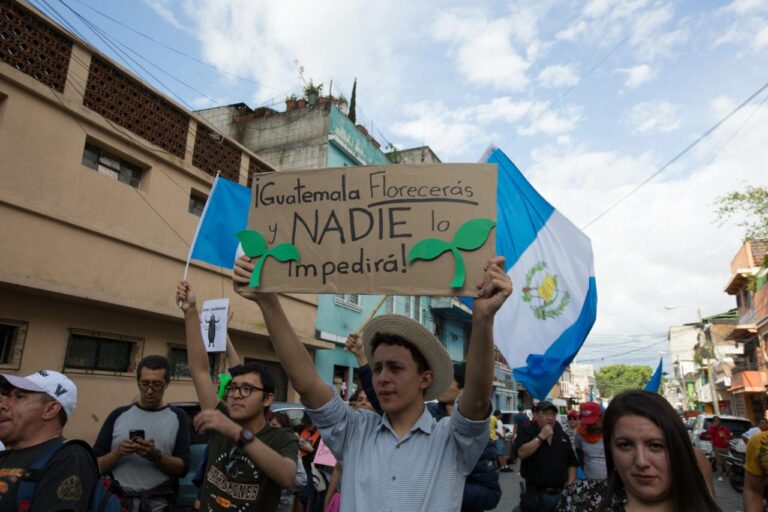
A multipronged movement in Guatemala is rising to defend the surprise election of a progressive president who is under attack from the corrupt old guard.
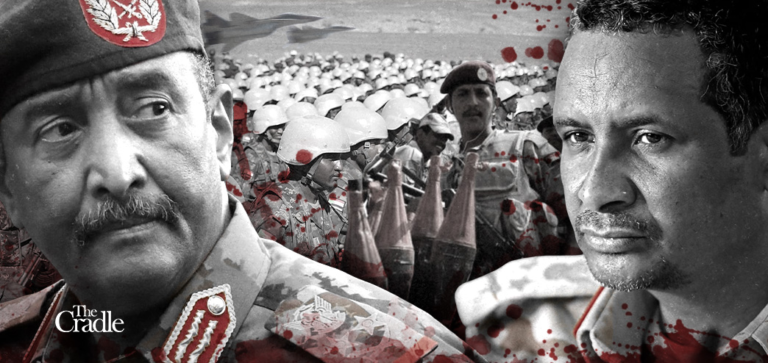
Africa’s renaissance is already underway through partnerships with Eurasian powers Russia and China, whose significant contributions are already visible in security, economic, and institutional sectors throughout the continent.

Udayanidhi Stalin’s statement that he’s prepared to furnish the writings of Periyar and Ambedkar to defend his comments on sanatana dharma indicates the larger context of radical, anti-caste critiques of religion in India, then and now. Also: “The BJP May Defend ‘Sanatan Dharma’, But Can’t Define What it Means”.

Villagers are protesting against the Ken-Betwa River Link Project, that is likely to lead to cutting down of 3 to 4 million trees and displacement of people of 21 villages. The project will be highly disastrous for the Bundelkhand region already suffering from several acute problems.
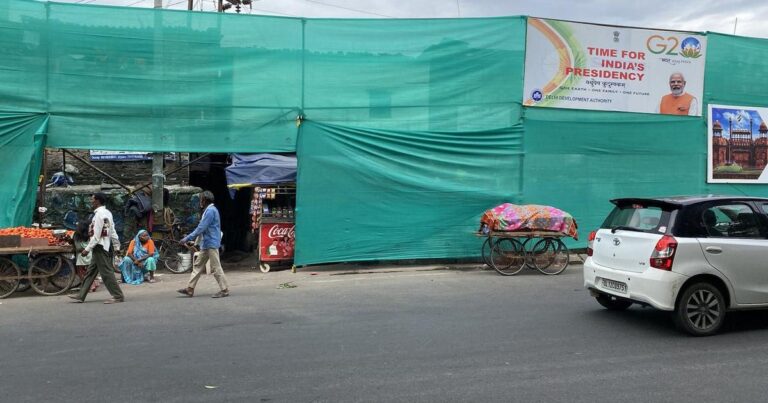
The narrative around the G20 events is set largely around infrastructural improvements and state-of-the-art facilities. But the costs of such glitter and glitz are largely borne by the most underprivileged and working population of the city living in informal settlements or slums.
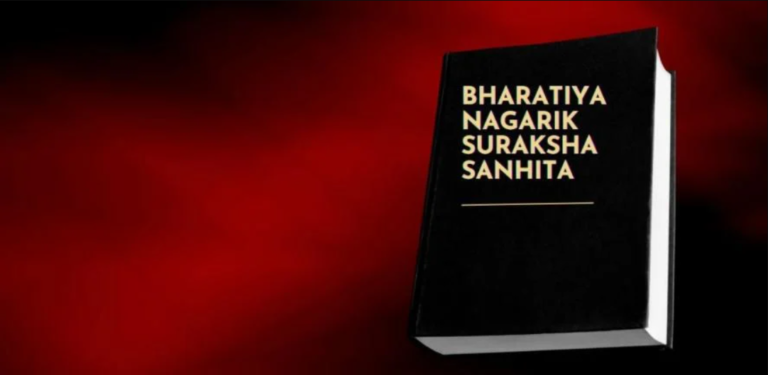
The Bharatiya Nagarik Suraksha Sanhita Bill has introduced very few Sections to justify a new Bill instead of an amendment to the Criminal Procedure Code, 1973. While it indigenises labels, it also introduces certain new provisions that go against the grain of the Indian Constitution.

The election of Colombia’s first leftist president marked a fundamental shift in the country’s political landscape. Has Petro’s administration fulfilled its pledges one year into office?

The author’s latest book is an effort to challenge the Sangh Parivar’s depiction of the spiritual leader.

Since July 31, farmers have held three major meetings in the region to counter the communal build-up in Haryana. Besides, over 20 Khap panchayat meetings have been held since anti-Muslim violence rocked Nuh and Gurugram.
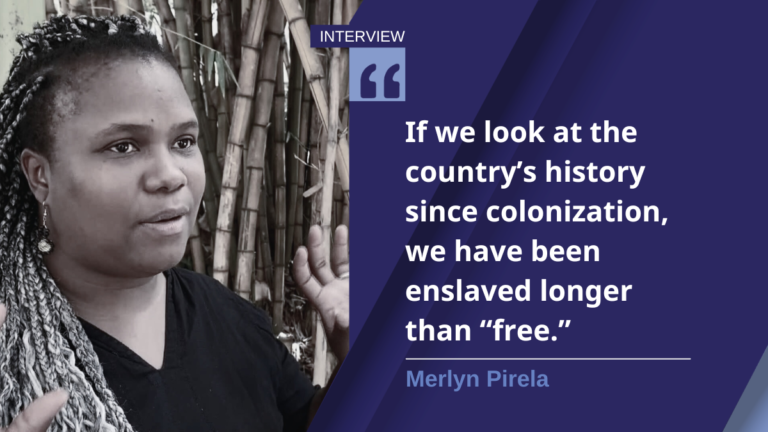
Merlyn Pirela is a Venezuelan Afrofeminist activist and organizer. In Part I of this two-part interview, Pirela explores the historical forms of oppression and domination, and the Afro-Venezuelan struggle for emancipation. Part II addresses both the advances and the pending tasks of the movement in the context of the Bolivarian Process.
Janata Weekly is India’s oldest independent socialist weekly.
Ever since its founding in 1946, Janata has voiced its principled dissent against all conduct and practice that is detrimental to the cherished values of nationalism, democracy, secularism and socialism, while upholding the integrity and the ethical norms of healthy journalism. For more than seventy years now, week after week, it has continued to analyse the changes taking place in the country and the world from a socialist standpoint, and thus promote the spread of socialist ideology in the country.
Address: D-15, Ganesh Prasad, Naushir Bharucha Marg, Mumbai- 400007.
Help us increase our readership.
If you are enjoying reading Janata Weekly,
DO FORWARD THE WEEKLY MAIL to your mailing list and
invite people to subscribe for FREE!